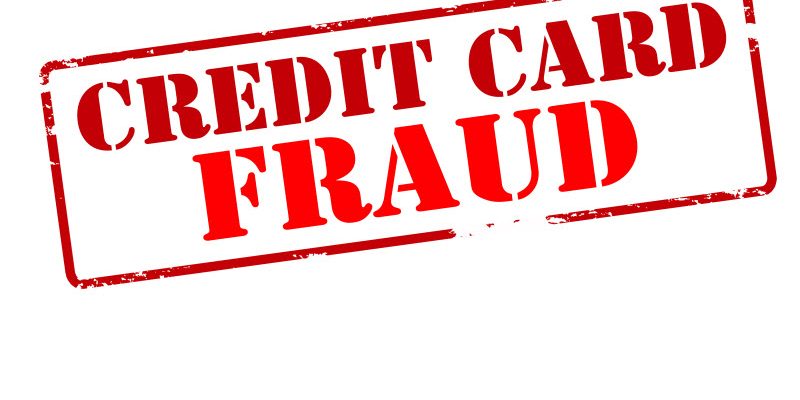With credit card fraud reaching its highest level since 2003, business owners must take action to prevent financial loss. Embedded chips have failed stop thieves from stealing credit card information, outlining the need for businesses to ramp up their own security measures to halt fraudsters in their tracks. Failure to investigate large credit card purchases can be particularly devastating, especially to a small business. Below are 10 red flags that suggest fraudulent credit card activity.
1) The order seems too good to be true. If the daily sales average for your small business is $2,500 and you suddenly receive an order for $50,000 from a new customer, your initial reaction might be to jump for joy. However, the first thing you should do is contact the customer and carefully examine the order details to confirm the order’s legitimacy.
2) A new customer places an abnormally large order without asking any questions. Most consumers want to make sure that they are dealing with a trustworthy establishment before they make a large purchase. Many people who place large orders will also try to negotiate with you to receive a discount. It is not normal for a new customer to place a large order before speaking with someone at your business.
3) The customer aggressively demands immediate delivery. People who use stolen or fraudulent credit cards know that they have a tight window of time to buy products before their scheme is discovered. They are therefore more likely than the typical customer to insist upon overnight delivery and demand that their order ship immediately.
4) The customer’s billing address and shipping address do not match. While a discrepancy between billing and shipping addresses does not automatically signal fraudulent activity, business owners should recognize that most credit card fraud involves shipments of products to an address that is different than the billing address associated with the card.
5) Cost seems completely irrelevant to the customer. Most people will inquire about the possibility of receiving a discount or other perks if they place a high-dollar order. Proceed with caution with customers who seem completely unconcerned with the cost of a large order.
6) The customer tries to pay with multiple credit cards for a large purchase. While this practice does not necessarily signal fraud, you should be wary of customers who try to use several different credit cards to complete their purchase. You should be extra cautious processing orders for customers seeking to pay with multiple credit cards that all bear different cardholder names.
7) The customer tries to buy your most expensive products but seems to know nothing about them. A key goal for fraudsters is to purchase any products they can easily resell to other consumers at a high price. People who engage in fraudulent activity often do not care about a product’s quality or features. They usually look for the following types of products:
- Small items that are lightweight and easy to ship
- Items that are in high demand
- Non-serialized products that cannot be traced back to the buyer
8) The phone number the customer provides does not appear to be legitimate. If a customer provides a suspicious-looking telephone number, you should refrain from shipping the customer’s order until you obtain a valid telephone number. Examples of questionable telephone numbers are (012) 345-6789 or (111) 111-1111. While there is sometimes a good reason a customer is not able to provide a valid telephone number, a customer’s failure to provide a working telephone number may suggest fraud.9) The customer states that he or she is with a major institution or company. Fraudsters will often hide under the guise of a major company to earn the trust of unsuspecting customers. Carefully analyze the customer’s email address and telephone number to see if either is associated with the referenced organization. You can also check the location of the shipping address to see if the delivery location is associated with the company or institution referenced by the customer.
10) The IP address is from a country associated with a high rate of fraudulent activity. Check the IP address associated with the customer prior to dispatching products to a customer. If the IP address is from Latvia, Egypt, Nigeria, Cameroon or Ukraine, you should utilize extra caution before proceeding with a shipment.
Credit card fraud is alive and thriving across the globe. Your failure to recognize the signs of fraudulent activity could be financially disastrous for your business. By familiarizing yourself with the red flags outlined above, you can help shield your business from the devastating effects of credit card fraud.








